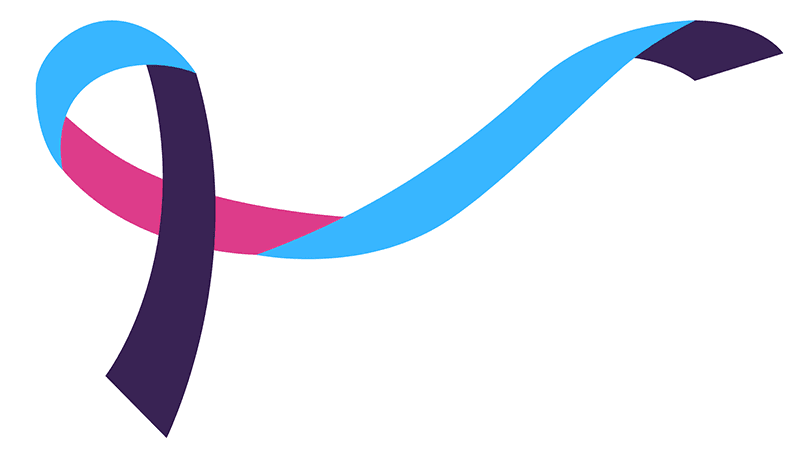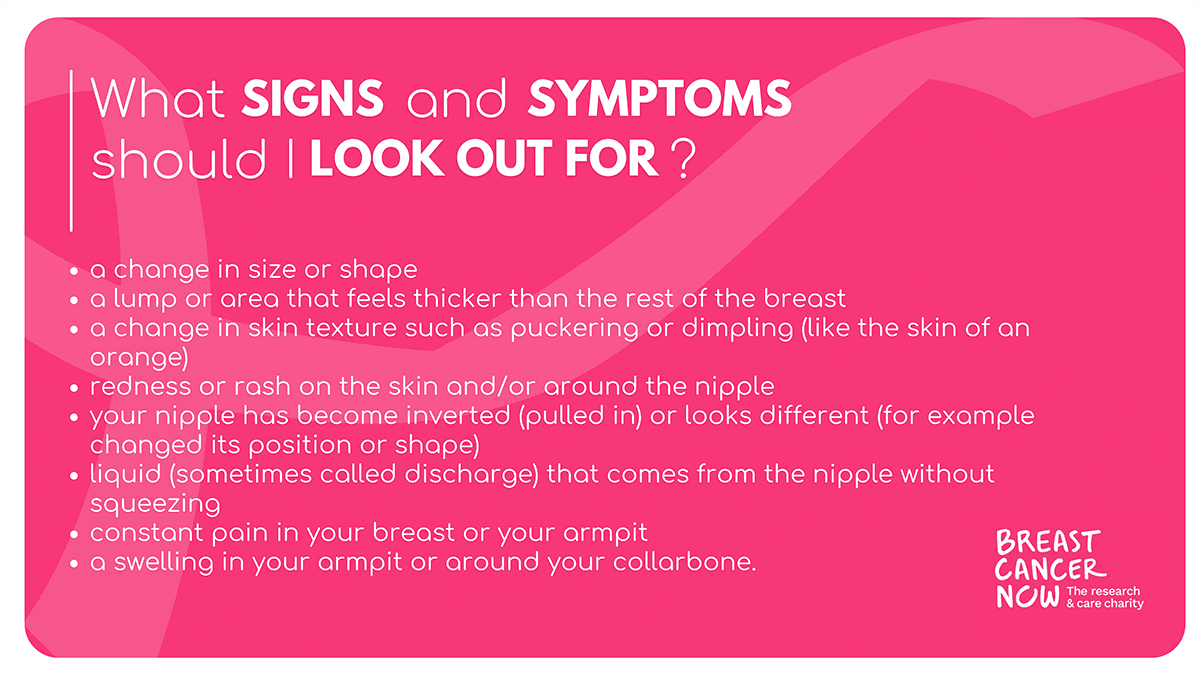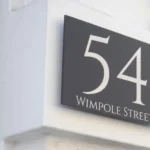Breast Cancer Awareness

October is Breast Cancer Awareness Month, which has the aim to promote the importance of self-examination and prevention to anyone with breast tissue. There are thousands of great resources out there, however, misinformation about breast cancer risk among trans and non-binary people seems to be worryingly high due to the lack of resources specifically aimed at the LGBT+ community. Whether you have just started hormone therapy or are considering surgery, we have answered the most common questions about breast cancer.
Does feminising hormone therapy increase the risk of breast cancer?
It has been found that AMAB trans women or non-binary people on feminising hormone therapy have an increased risk of breast cancer compared to AMAB cisgender men. This is due to higher levels of female hormones which induce breast growth.
Does masculinising hormone therapy decrease the risk of breast cancer?
Although masculinising hormone therapy may slightly decrease the risk of breast cancer (by surpressing oestrogen levels), AFAB trans men or non-binary individuals, especially thos who have not had a complete subcutaneous mastectomy, still need to remain breast aware.
As a trans woman, am I supposed to check my breasts for lumps even if I have no breast growth?
Trans women and non-binary people on estrogen are highly advised to stay breast aware from the moment they start hormone therapy. Check out our box to find out which signs and symptoms to look out for.

Source: Breast Cancer Now
As a trans man, am I supposed to check my chest for lumps even if I have started testosterone?
Ideally yes. Studies have shown that trans men or transmasculine non-binary people on hormone therapy have a decreased chance of breast cancer, however testosterone on its own cannot complete eliminate the risk of cancer.
Do breast implants increase the risk of breast cancer?
No. There is no official evidence suggesting that breast implants increase the risk.
Will I get an invitation for breast screening?
The GOV.UK website suggests that “All individuals from 50 up to their 71st birthday who are registered as female with their GP are automatically invited to breast screening. When you are due for screening, we will send you an invitation letter. It is not possible for individuals registered as male to have mammograms as part of the NHS Breast Screening Programme, but your GP can refer you for mammograms at a hospital near you (see the information for people registered as male below).”
You should remember that if you are an AFAB trans man or non-binary patient who is registered with a GP as male, you will not automatically be invited for breast screening, but you can still request it.
Can implants make it harder to feel for suspicious lumps?
No, the implants are either behind the breast tissue or under the muscle – any lump will be evident in front of the implant.
Does Top Surgery eliminate the risk of developing breast cancer?
We can never say that it eliminates the risk, however, if a complete subcutaneous mastectomy has been performed, then the risk is expected to be less than a cis male, so exceedingly rare.
Do I need to check my chest for lumps even after Top Surgery?
The need for checking your chest should be minimum provided your surgeon has performed a complete subcutaneous mastectomy. As with any part of the body, any lump should be checked by your GP or surgeon.
Check out Breast Cancer Now.
You can find more information about NHS population screening for trans and non-binary people here.








